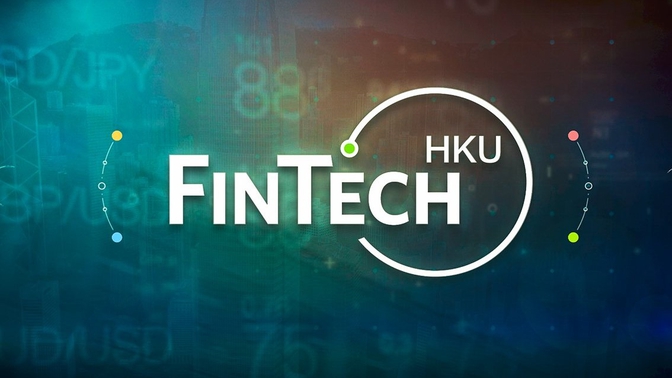
Introduction to FinTech
-
Lectures6
-
Duration12 Hours
-
LevelBeginner
-
DeliveryOnline
-
AudienceEveryone
-
University
The course unites leading academics, practitioners from around the world to explain, share experiences how the innovations, technology and regulations driving the transformation of financial services. The technology part presents blockchains, big data and artificial intelligence in non-technical manner.
The course is designed for everyone interested in the latest technological innovations applied to the finance domain.
There are no specific prerequisites for this course.
-
Content
The course is structured around three main broad topics – finance, technology and the regulations of financial services. The discussion starts with the history of finance and continues with blockchains, alternative financial services, regulations, RegTech, TechFin and the future of the data driven finance. The course is complemented, extended with the monthly video update series “Looking Back, Looking Forward”, where FinTech topics reviewed since 2020.
-
Technology
The course introduces key technologies being popular in financial services. Regarding blockchains the learning material covers main concepts, operating principles related to blockchains and cryptocurrencies.
-
Applications
Nearly a half of the course is devoted to use case analysis of technology applications in finance capturing many success stories in Asia. In the blockchain context, experts review crypto and digital asset exchanges, classification of tokens, regulatory implications of cryptocurrency exchanges as well as introduce behavior analysis and valuation of cryptocurrencies. The last chapter explicitly studies success factors of the FinTech companies: Revolut, Alibaba, Aadhaar, Credit Karma, and DBS.
-
Delivery
The learning material is presented as video discussions followed by “quick check” questions, polling or world cloud exercises. In addition, there are additional resources, including reports, studies, and useful links. Learners are encouraged to connect and discuss new concepts, ideas in the online discussion forums. Each learning chapter has many short industry showcases highlighting experiences and best practices. The certificate-related exercises are available just in the paid version.
Over the past decade emerging technologies, paired with massive changes in regulations, have driven an unprecedented transformation of finance around the world. This process is happening more rapidly in China and Asia than anywhere else. This course is designed to explore FinTech fundamentals and help make sense of this wave of change as it happens.
New players such as start-ups and technology firms are challenging traditional players in finance, bringing democratization, inclusion and disruption. Companies engaged in social media, e-commerce, and telecommunications, as well as, companies and start-ups with large customer data pools, creative energies, and technical capacities, have brought competition to the existing financial infrastructure and are remaking the industry.
These transformations have not only created challenges but also unprecedented opportunities, building synergies with new business and regulatory models, particularly in emerging markets and developing countries. To meet these changes, 21st-century professionals and students must be equipped with up-to-date knowledge of the industry and its incredible evolution. This course - designed by HKU with the support of SuperCharger and the Centre for Finance, Technology and Education - is designed to enable learners with the necessary tools to understand the complex interaction of finance, technology and regulation.
In this course, through a series of video lectures, case studies, and assessments you will explore the major areas of FinTech including, beginning with What is FinTech before turning to Money, Payment and Emerging Technologies, Digital Finance and Alternative Finance, FinTech Regulation and RegTech, Data and Security, and the Future of Data Driven Finance, as well as, the core technologies driving FinTech including Blockchain, AI and Big Data. These will set the stage for understanding the FinTech landscape and ecosystem and grappling with the potential direction of future change.

Leave a comment ...
Your email address will not be published. All the submitted comments will appear on the site after being reviewed by a moderator.